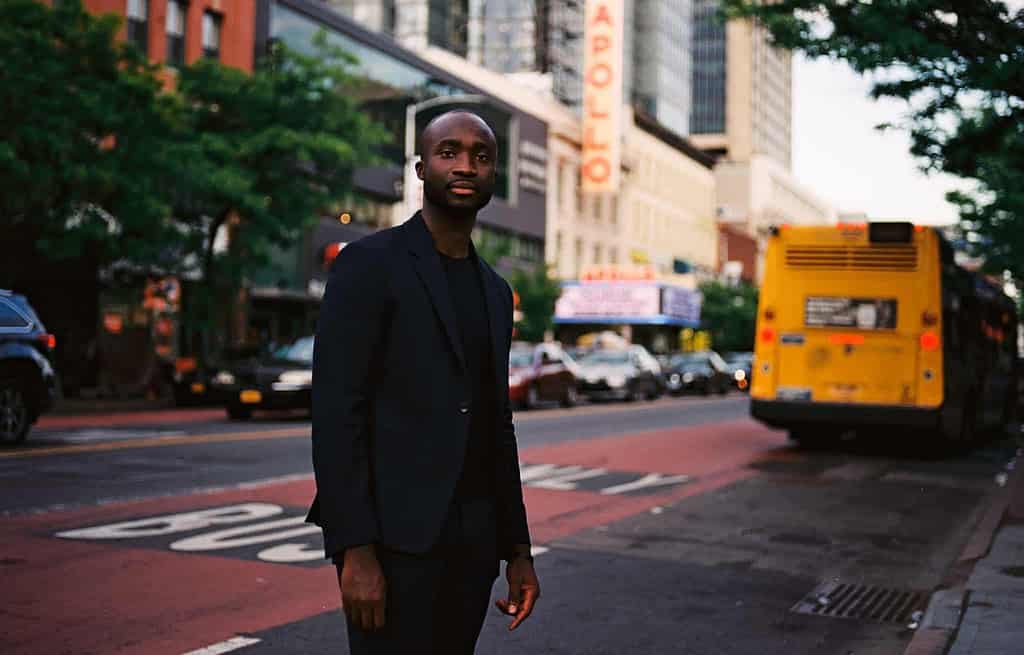- Blog
- Financial Inclusion
- America
For too long, our world has been consumed by defining success as money, power, and fame. At the essence of moral revolution lies the requirement to redefine success away from how much money we have to one based on the lives we’ve positively touched.
